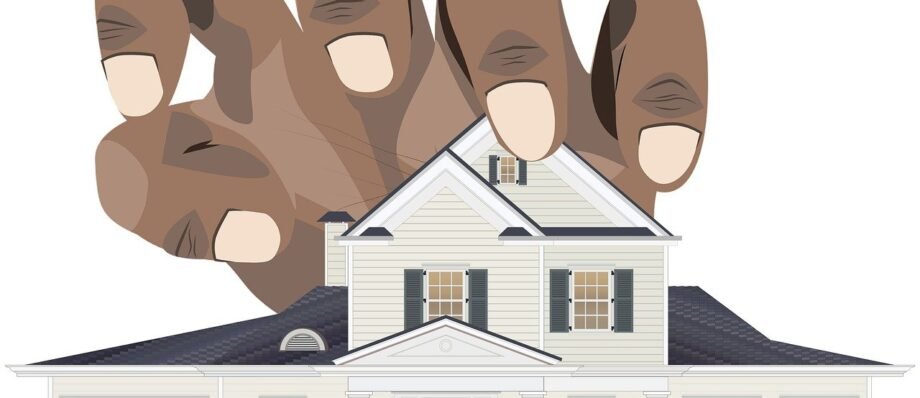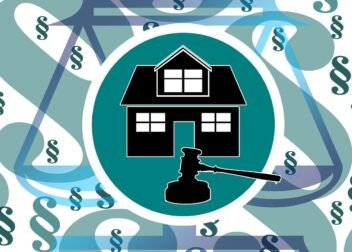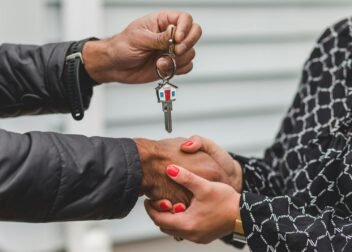Is Buying a Foreclosure a Smart Move? Here’s What You Need to Know
Imagine finding a home priced well below market value—sounds like a dream, right? Foreclosed homes can be great deals, but they also come with risks. If you’re considering buying a foreclosure, you’ll need to understand the process, potential pitfalls, and how to protect your investment.
Foreclosures happen when homeowners default on their mortgage, leading lenders to repossess and sell the property. While these properties can be affordable, they often require patience, research, and extra financial planning. Before you dive in, let’s explore everything you need to know.
1. Understand the Types of Foreclosures
Not all foreclosures are sold the same way. Here are the main types:
Pre-Foreclosure (Short Sale)
A property in pre-foreclosure is still owned by the homeowner, but they are behind on mortgage payments. Sometimes, lenders allow them to sell the home for less than they owe (a short sale). These deals can take months to finalize but may offer better pricing and less competition.
Auction Foreclosure
Once a lender officially forecloses, the home may be sold at a public foreclosure auction. Buyers must bid, often paying cash upfront. While these properties can be bargains, there’s little opportunity for inspection before purchase.
Bank-Owned (REO) Properties
If a home doesn’t sell at auction, it becomes real estate owned (REO) by the lender. These properties are usually sold through real estate agents and may have clearer titles but still require due diligence.
2. Research the Home’s History and Condition
Foreclosed homes are often sold as-is, meaning the lender won’t cover repairs. Before making an offer:
- Check public records for liens, unpaid taxes, or legal issues.
- Hire a home inspector (if possible) to assess structural damage, plumbing, electrical, and mold issues.
- Drive by the property to check for exterior damage, neighborhood conditions, and signs of vandalism.
Some foreclosures are left vacant for months, leading to hidden issues like water damage or pest infestations. Knowing these risks helps you budget for repairs.
3. Get Pre-Approved for Financing
Many foreclosed homes require a fast purchase, especially at auctions. Unless you’re paying cash, you’ll need financing lined up:
- Conventional Loans: Banks may require a higher down payment for foreclosures.
- FHA 203(k) Loans: Great for buyers who need to finance home repairs along with the purchase price.
- Hard Money Loans: Short-term financing often used by investors for quick purchases.
If you’re buying at auction, expect to pay in full quickly, often within 24–48 hours.
4. Know the Risks and Costs
While foreclosures are often cheaper than traditional homes, unexpected expenses can arise:
- Unpaid Liens: Some foreclosures come with outstanding debts attached. Always check the title.
- Major Repairs: Many previous owners couldn’t afford maintenance before losing the home.
- Eviction Costs: If previous occupants haven’t left, you may need legal action to remove them.
- Property Taxes and HOA Fees: Some homes have back taxes or overdue homeowners’ association (HOA) fees.
Budgeting for these extra costs ensures you don’t overextend your finances.
5. Work with Professionals Who Understand Foreclosures
Navigating the foreclosure market can be tricky. Consider working with:
- A real estate agent experienced in foreclosures.
- A real estate attorney to review contracts and title issues.
- A home inspector to identify hidden problems before committing.
Having the right team can save you from costly mistakes.
6. Be Patient and Strategic
Foreclosures aren’t always quick deals. Bank-owned properties and short sales can take weeks or months to close. Here’s how to stay ahead:
- Research market trends to know fair pricing.
- Make competitive but reasonable offers—lowballing too much might lose the deal.
- Have renovation funds ready, as many foreclosed homes need immediate repairs.
If you’re investing in a foreclosure, factor in holding costs like property taxes and insurance while waiting to resell or rent it out.
Conclusion: Are Foreclosures Worth It?
Buying a foreclosure can be a fantastic opportunity—if you do your homework. While the lower price tag is appealing, risks like unexpected repairs and legal complications require careful planning. By understanding the process, working with experts, and preparing for extra costs, you can turn a distressed property into a profitable investment or dream home.
Thinking about buying a foreclosure? Start by researching local listings and getting pre-approved for financing. The right preparation can make all the difference!
FAQs
1. Are foreclosures always cheaper than regular homes?
Not necessarily. Some are priced below market value, but extensive repairs can add costs. It’s important to do a full financial analysis before buying.
2. Can I negotiate the price of a foreclosure?
Yes, especially with bank-owned properties (REOs). However, homes sold at auctions typically have set minimum bids with little room for negotiation.
3. Do I need cash to buy a foreclosure?
It depends. Auctions often require full cash payment, while bank-owned properties may allow financing.
4. What happens if a foreclosed home has unpaid taxes or liens?
You may inherit those debts if they aren’t cleared before the sale. Always run a title search to uncover any outstanding financial obligations.
5. Are there special loans for buying foreclosures?
Yes. FHA 203(k) loans and Fannie Mae’s HomePath program can help finance both the purchase and necessary renovations.
Get the Compensation You Deserve After Your Accident
If you’ve been injured in a car crash that wasn’t your fault, don’t settle for silence or confusion. Lawayer.com connects you with› experienced attorneys who can fight for your rights and help you recover what you’re owed. Time matters—take the first step now



